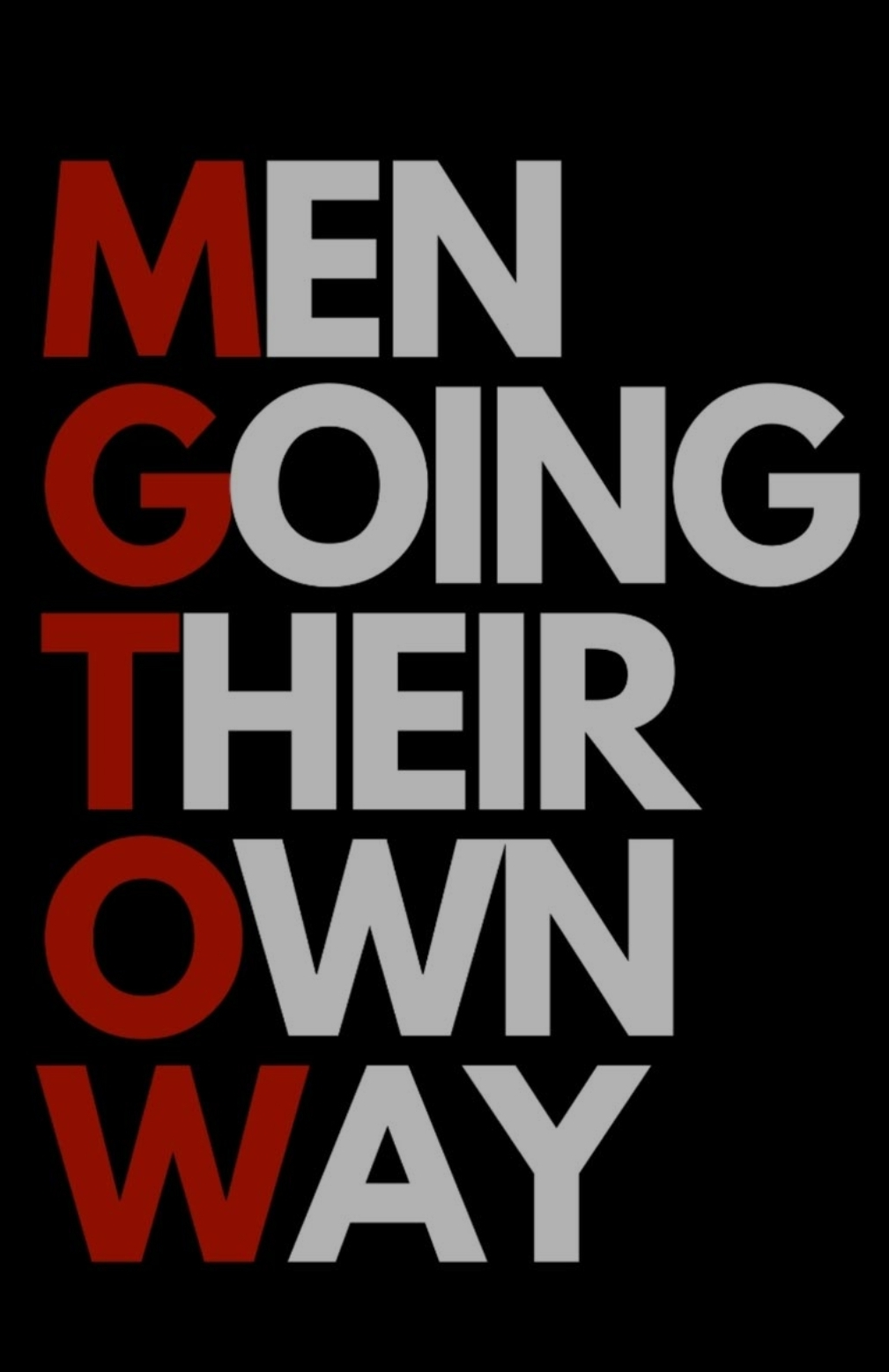I recalled reading an article about how a lot of middle class people get married and stay married, so this made me wonder if MGTOW / greater divorce / people not marrying is a class issue:
The Marriage Divide: How and Why Working-Class Families Are More Fragile Today
Before the 1970s, there were not large class divides in American family life. The vast majority of Americans got and stayed married, and most children lived in stable, two-parent families.2 But since the 1960s, the United States has witnessed an emerging substantial marriage divide by class. First, poor Americans became markedly less likely to get and stay married. Then, starting in the 1980s, working-class Americans became less likely to get and stay married.3 The current state of marriage and family life and the class divisions that mark America’s families can be seen by looking at contemporary trends in marriage, cohabitation, nonmarital childbearing, divorce, children’s family structure, and marital quality.
Figure 1 indicates that a majority of middle- and upper-class Americans are married, whereas only a minority of working-class Americans are married. This stands in marked contrast to the 1970s, when there were virtually no class divides in the share of adults married, and a majority of adults across the class spectrum were married.
The reason I state this is because I’ve known and seen a lot of middle class people who are married, or married lifelong (old people “until death do they part”), with some divorces mixed in, but it’s not as dramatic as some people speak of marriage and divorce rates.
Hence, say you’ve grown up within upper or middle classes, around stable marriages: this might give you a totally different (perhaps bluepilled at times) worldview that marriage can work today well still, whereas a working class person who grows up around broken families might conclude the opposite, that marriage is totally broken and unable to be saved as an institution.
( I suppose it is implied that MGTOW would tend statistically to be more working class by the thesis of this post? Also, as the article mentions, the issue doesn’t seem to be poverty itself as marriage rates weren’t as affected during the Great Depression a century ago - hence the suggestion that class, or socio-economic position today, has some relation to the problem of people marrying or not)
I’m not going to add much more, I’m just curious about what your thoughts are about MGTOW / marriage rates being a class issue (it’s not purely economic necessarily, although may correlate with economics for obvious reasons)


This is interesting to think about.
I believe it’s primarily a cultural issue. The reason most people are poor today in the west is almost always linked to drugs, crime, mental health, as well as a lack of values and useful skills.
Those things are incompatible with marriage and family life, so the numbers will show a correlation between poverty and marriage rates. But marriage rates aren’t low because of poverty, rather they are low for the same reasons that poverty exists in the first place.
If anything, marriage is a good way to get two people out of poverty, since they can work together, combine their incomes and rely on each other when needed.